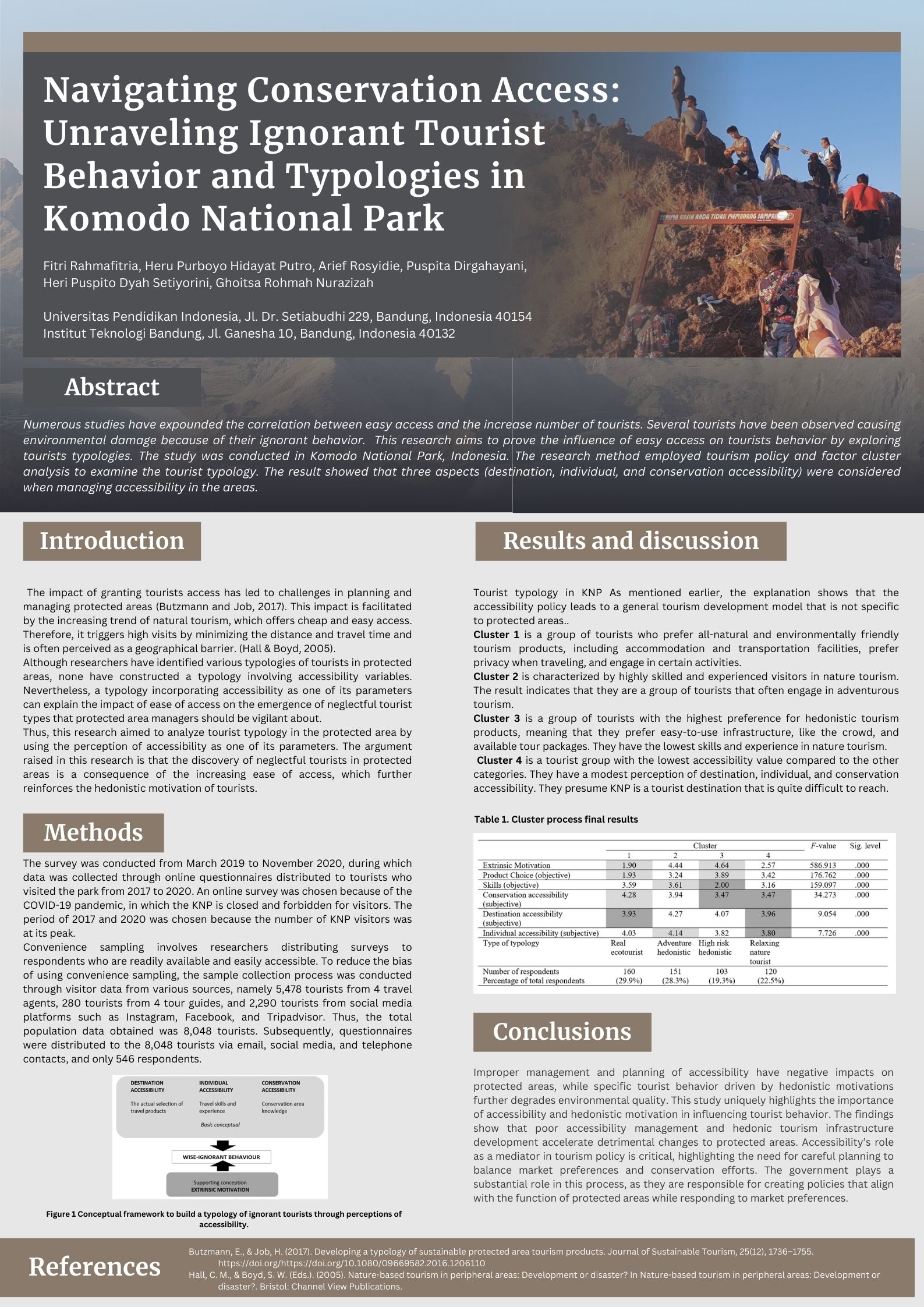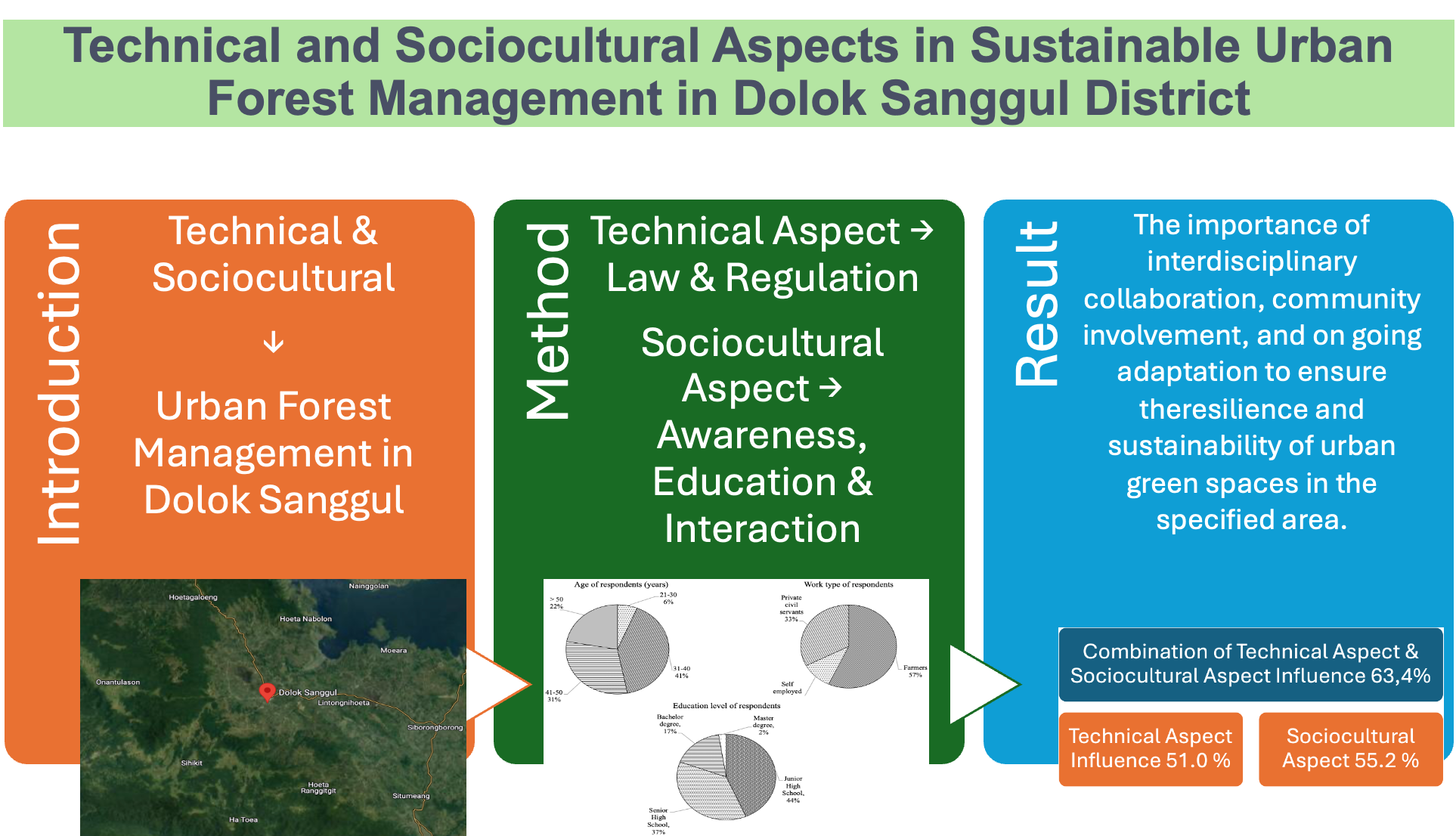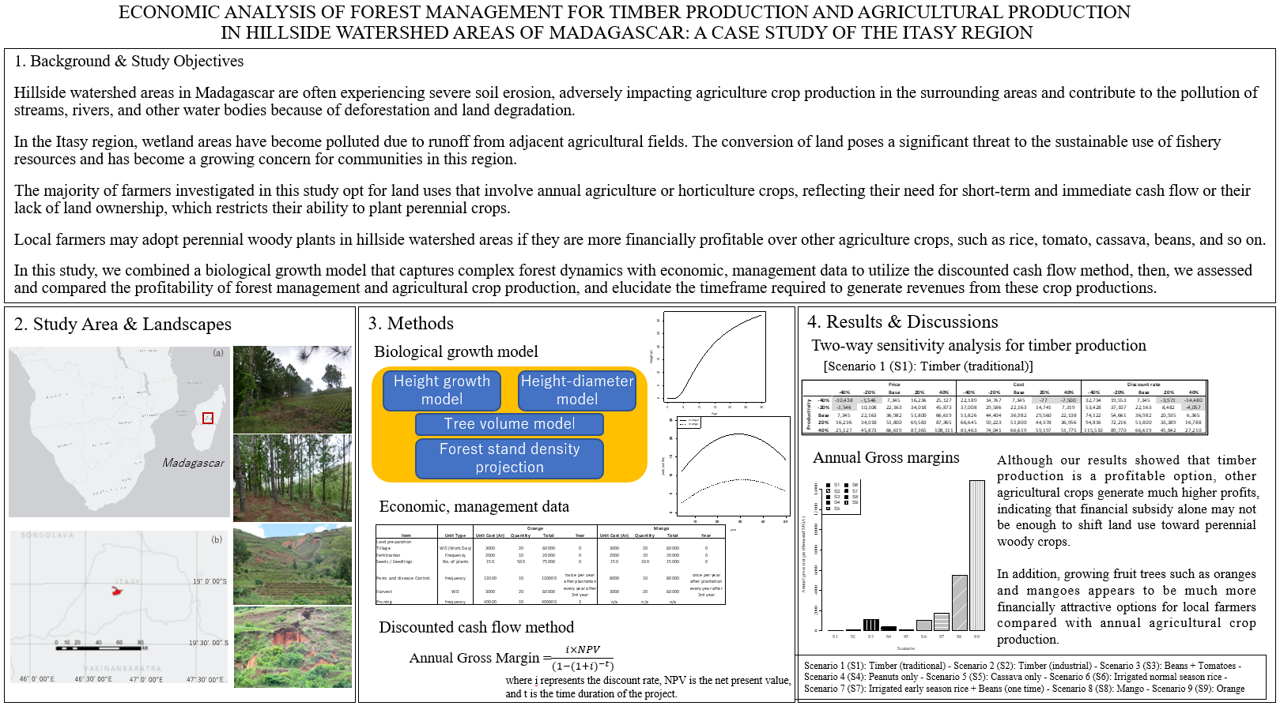Integrating Local Culture into Forest Conservation: A Case Study of The Manggarai Tribe in Ruteng Mountains, Indonesia
Abstract
Ruteng Mountains in Indonesia are inhabited by people from the tribe Manggarai. Local culture of Manggarai community has a role to conservation and it needs to be integrated in the conservation of natural resources. Where conservation is defined as the management of the sustainable use of natural resources, the integration of local culture into conservation will open up a space of the emergence of the creativity and innovation in solving problems of forest conservation. This study aims to explore and describe to what extent the culture of Manggarai contributes to conservation activities in the protected areas and the possibility of the culture to be integrated within conservation policy. The study employs a qualitative research through ethnographic approach. The qualitative data in 2014 was obtained through field observation, interviews, data from relevant agencies, and related literature. The study shows that the Manggarai community has practiced conservation values, norms, and tradition since hereditary. Manggarai culture related to conservation could be integrated into the activities of the protection, preservation, and sustainable use of natural resources.
Authors
IswandonoE., ZuhudE. A. M., HikmatA., & KosmaryandiN. (2015). Integrating Local Culture into Forest Conservation: A Case Study of The Manggarai Tribe in Ruteng Mountains, Indonesia. Jurnal Manajemen Hutan Tropika, 21(2), 55-64. https://doi.org/10.7226/jtfm.21.2.55
Jurnal Manajemen Hutan Tropika is an open access journal which means that all contents is freely available without charge to the user or his/her institution. Users are allowed to read, download, copy, distribute, print, search, or link to the full texts of the articles in this journal without asking prior permission from the publisher or the author. This is in accordance with the Budapest Open Access Initiative (BOAI) definition of open access.









